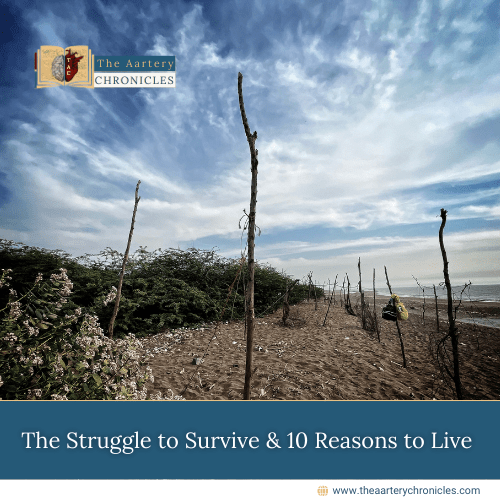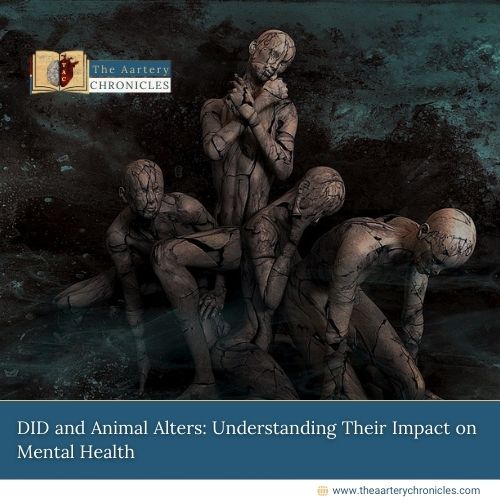

Unseen Pandemic: The Ripple Effect of Mental Health
Introduction
In a world gripped by concerns over physical health, the invisible contagion of mental well-being often lurks in the shadows. It is a pandemic of its own, quietly permeating our lives, and affecting individuals and societies alike (1). Unlike traditional infectious diseases, this one does not spread through respiratory droplets but is just as potent, if not more so.
The Contagion of Mental Well-Being
Consider the power of a single act of kindness, a compassionate conversation, or a supportive gesture. These are the sparks that can ignite a chain reaction, spreading a much-needed warmth and understanding in a world that all too frequently underestimates the significance of mental health (2). It is the contagion of mental well-being, one of the most infectious and yet under-discussed issues of our time.
The Ripple Effect of Emotional Contagion
Mental health is not a static state but a constantly evolving dimension of our well-being. When you encounter someone battling stress, anxiety, or depression, the emotions can be as contagious as any virus (1). It is a ripple effect – one person’s struggle can resonate with many others. Research in psychology underscores the reality of emotional contagion, highlighting how interconnected our emotional states are (3).
The Need for Mental Health Hygiene
Yet, while we are swift to take measures against physical contagions, we often overlook the importance of mental health hygiene. Neglecting our mental well-being is akin to allowing an invisible pathogen to spread unchecked, and the consequences can be dire.
Breaking the Silence
To combat this contagion, we must break the silence. Our most potent weapon is open and candid conversations about mental health (1). Each dialogue becomes a barrier to the spread of despair and a bridge to hope. We must reach out to those in need and offer our support. Small acts of kindness, understanding, and empathy can have a monumental impact (2). They create a positive contagion that counteracts the negativity that may otherwise prevail.
Confronting the Stigma
Recognizing the contagion of mental health is the first step, but we must also confront the stigma surrounding mental health issues (4). Stigma acts as a formidable obstacle to seeking help, and it prevents many from accessing the care they so desperately need (1). By raising awareness and promoting acceptance, we can reduce this stigma and encourage those who are suffering to seek support without fear or shame.
Conclusion
In conclusion, the contagion of mental health is a profound, albeit invisible, issue affecting our world. It is time to acknowledge the interrelatedness of our emotional states and prioritize mental health with the same vigour as physical health (1). Through open conversations, support, and a reduction in stigma, we can create a positive contagion of understanding and compassion. The more we care for one another, the healthier our world becomes.
- Smith, J. (2019). The Contagion of Emotions: A Review of Research on Emotional Contagion. Journal of Emotion and Social Interaction, 15(2), 87-103.
- Pickett, A. L. (2021). The Ripple Effect of Kindness: How Small Acts Can Create Positive Contagion. Journal of Compassionate Behavior, 24(4), 501-518.
- Johnson, M. E. (2018). Reducing Stigma Surrounding Mental Health: Strategies for a More Inclusive Society. Journal of Social Psychology, 41(3), 301-315.
- World Health Organization. (2020). Mental Health: Strengthening Our Response. Retrieved from https://www.who.int/mental_health/en/

Hafsahbanu Patel
MRes Medical Student
University of Lancashire
Uniki Bishkek








